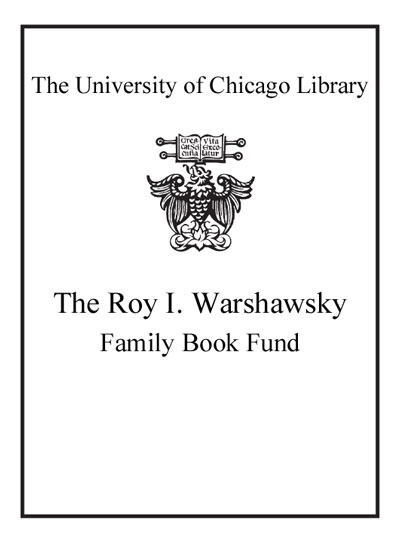Review by Booklist Review
Meléndez-Badillo expresses his fervent wish--"May Puerto Rico be free soon, and forever." This sentiment is like a fire that burns throughout this history of Puerto Rico. Meléndez-Badillo's fresh perspective illuminates the context and the ongoing challenges that the colony faces at this critical moment. Framing the narrative with his own family's story adds compelling insights into the island's history and the reasons for the inhabitants' toing and fro-ing throughout the years since the fateful encounter of 1492. Meticulously referenced with notes, an annotated bibliography, and a comprehensive index, this much-needed and clarifying overview is rich in maps, illustrations, and images that add depth and texture. Meléndez-Badillo finds hope for a brighter future in Puerto Ricans themselves, especially in emerging leaders from a younger generation inspired by the "collective rage" in Bad Bunny's song, "El Apagon." A solid title for all collections.
From Booklist, Copyright (c) American Library Association. Used with permission.
Review by Library Journal Review
Meléndez-Badillo (Latin American and Caribbean history, Univ. of Wisconsin-Madison; The Lettered Barriada) explores the history of his native Puerto Rico in a thorough, accessible exposition. Beginning with the archipelago's Indigenous Taíno people, back when Puerto Rico was called Borikén, the book traces a history of imperialism as the land was colonized by the Spanish and then by the United States. Puerto Rico's roughly two centuries under Spain's rule saw efforts at revolution, as elsewhere in Latin America. Like other colonial situations, foreign powers stripped natural resources from the land, impoverishing the Indigenous population. The archipelago was susceptible to hurricanes, and Meléndez-Badillo illustrates how its infrastructure was allowed to deteriorate in modern times, which led to devastation during 2017's Hurricane Maria. Writing with controlled but apparent anger, Meléndez-Badillo explains how Puerto Ricans have been denied the agency to address their deficient economy, which has fomented the populist demonstrations of today. He questions whether Puerto Rico should become a U.S. state or an independent nation, as the current situation is unsustainable. VERDICT Meléndez-Badillo does a good job of explaining Puerto Rico's complicated history. An essential addition to most libraries, for general readers of all types.--Caren Nichter
(c) Copyright Library Journals LLC, a wholly owned subsidiary of Media Source, Inc. No redistribution permitted.
Review by Booklist Review
Review by Library Journal Review

